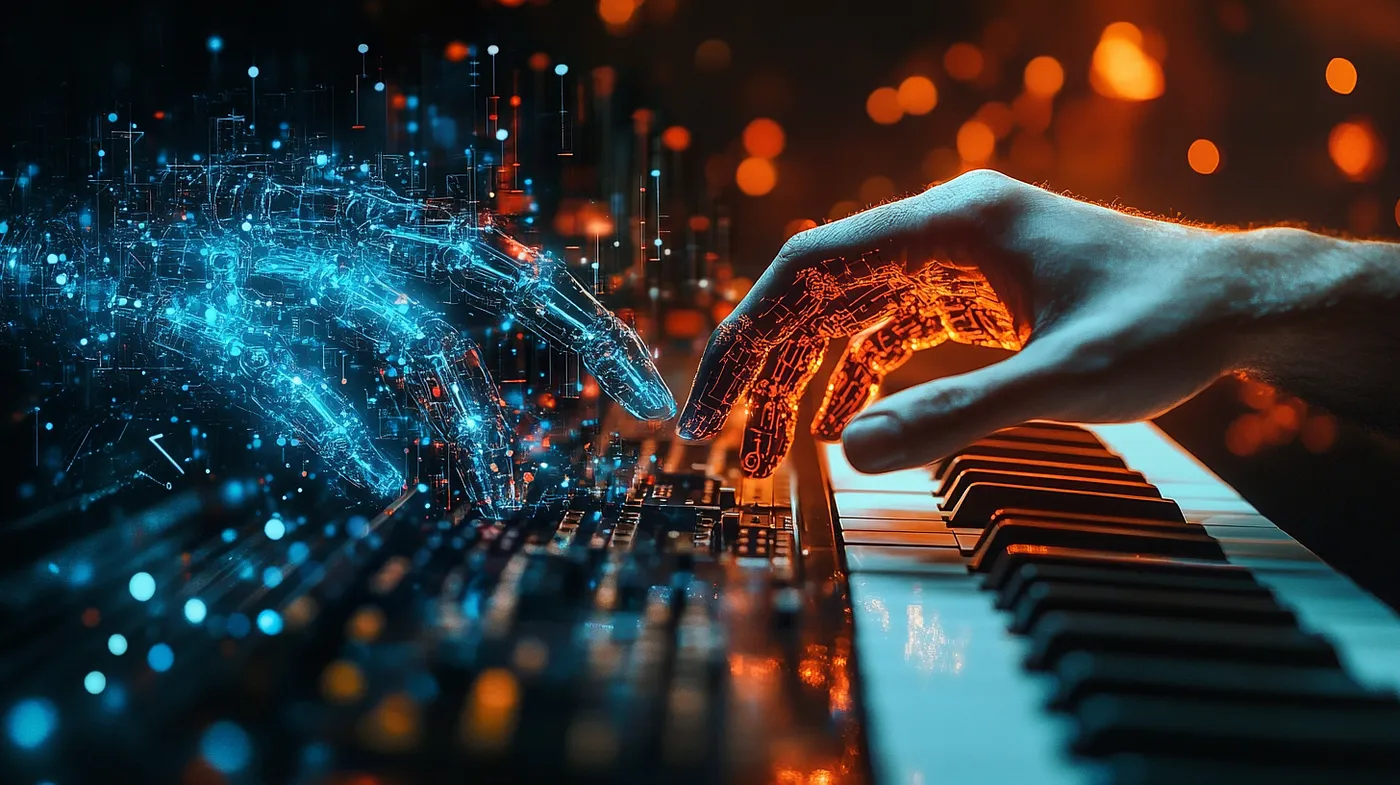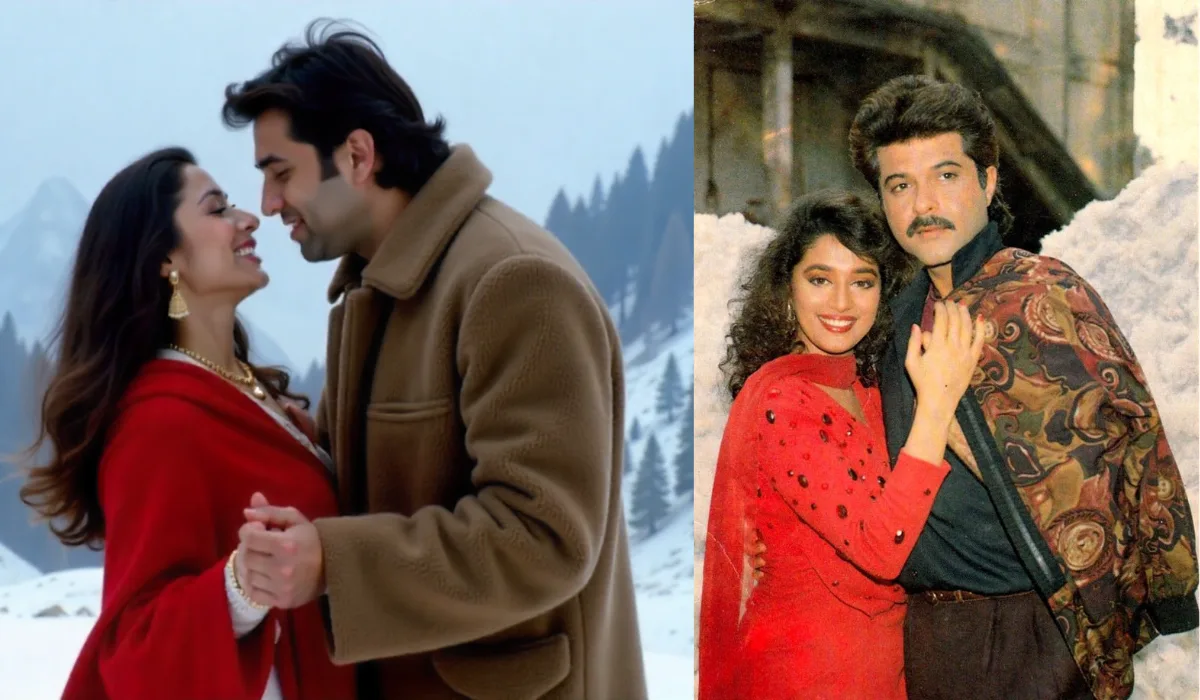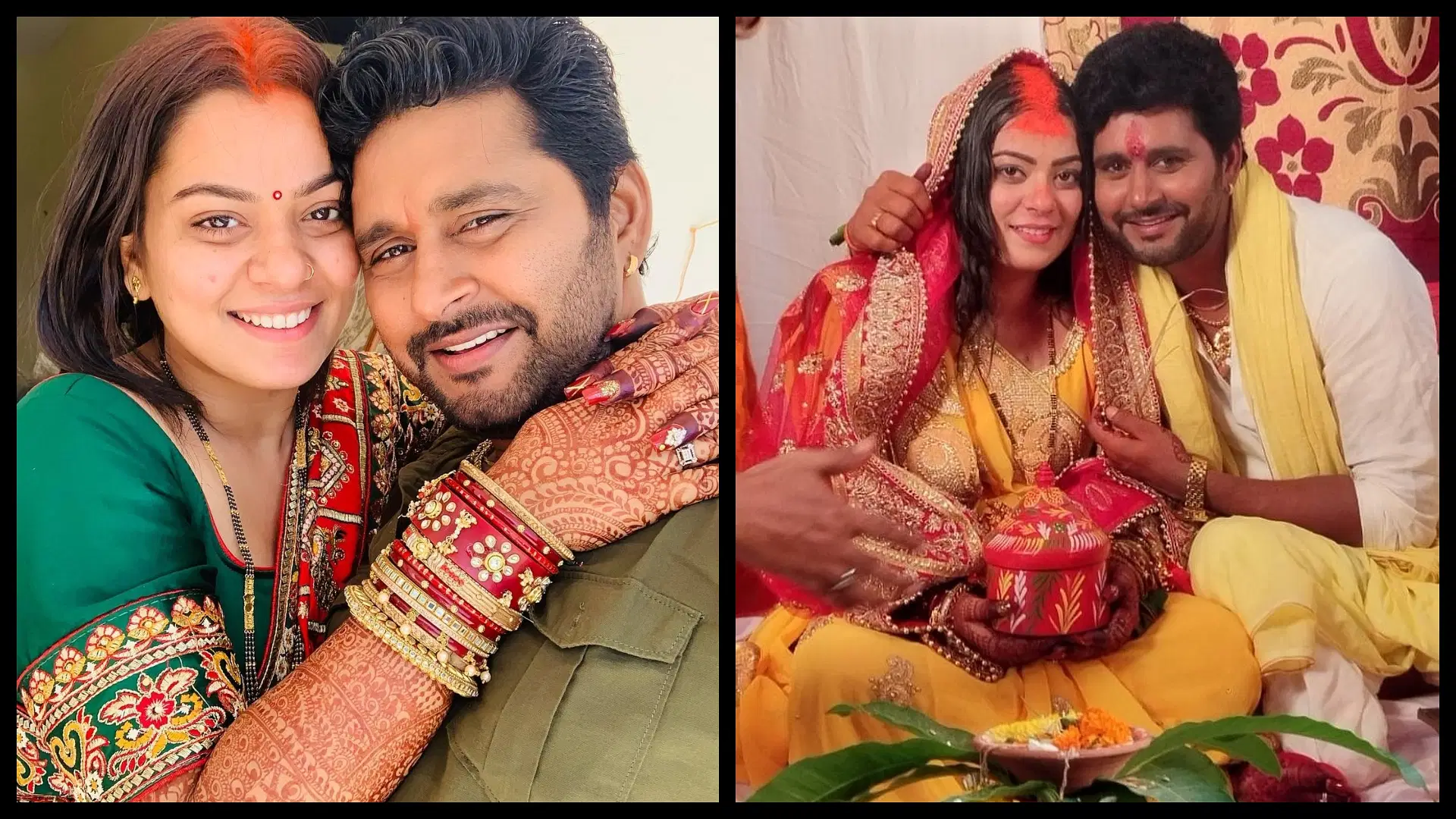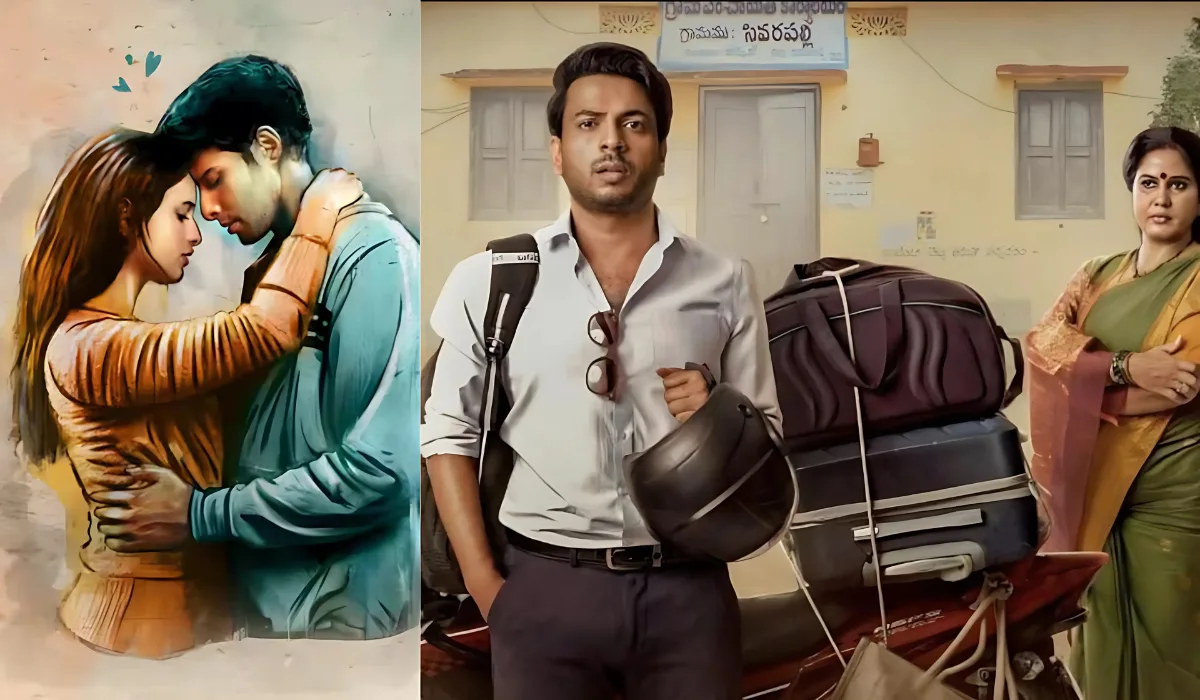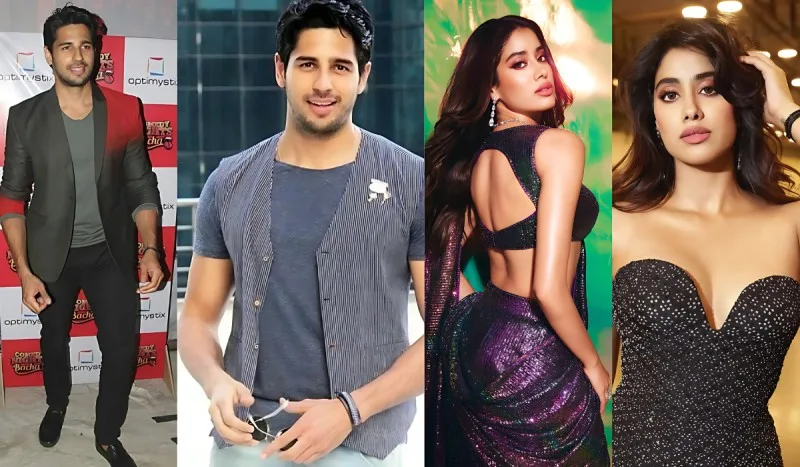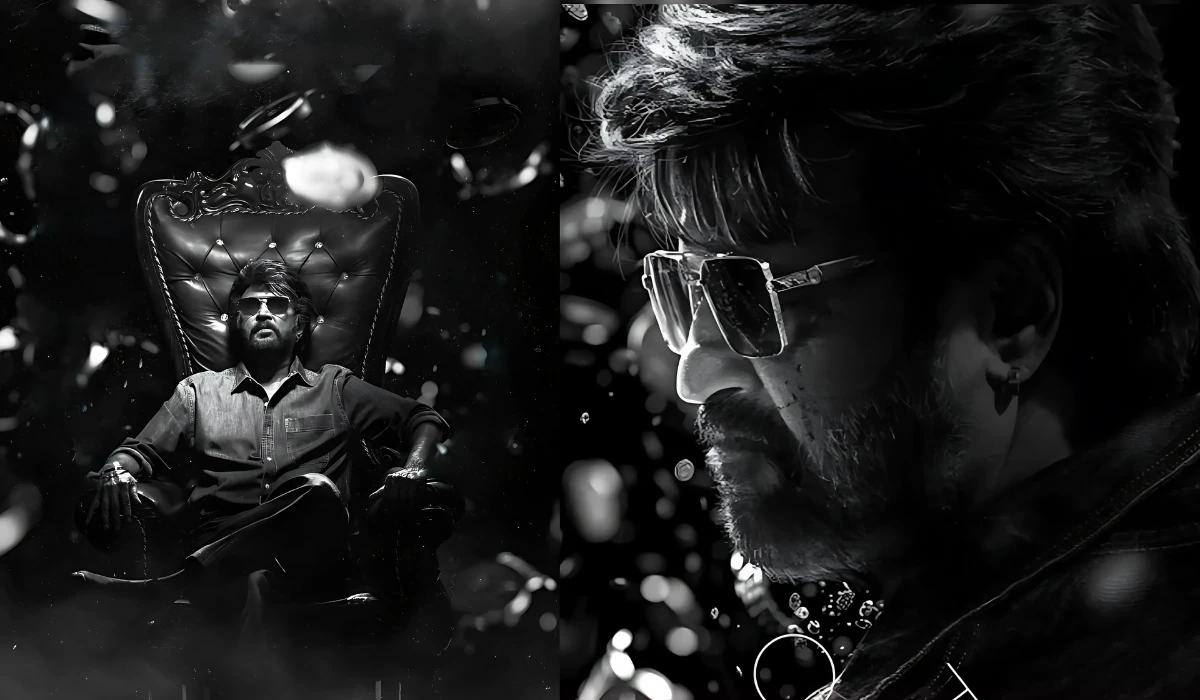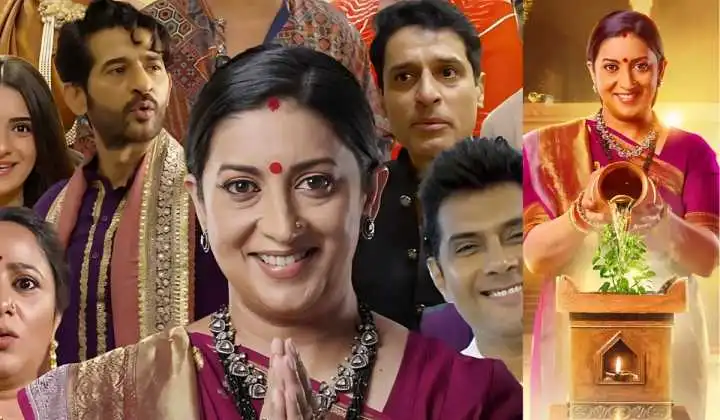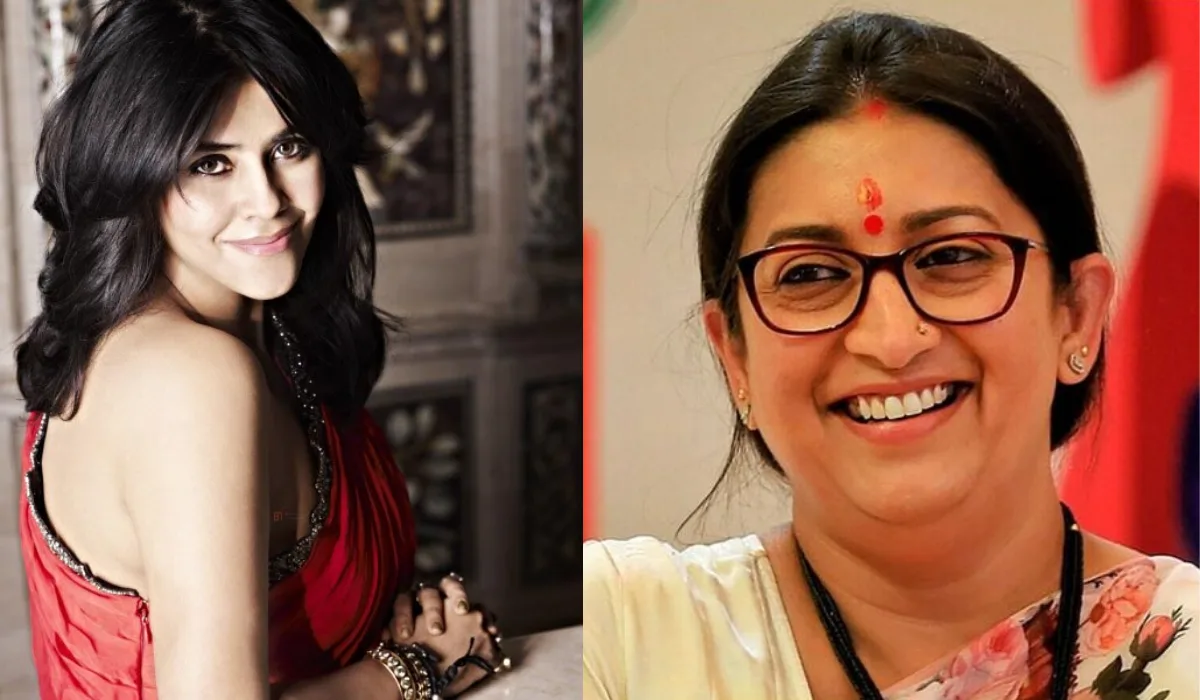When I first heard an AI-created song, I couldn't believe my ears. It sounded so real! Now, AI tools help musicians write songs, create new sounds, and even master tracks. The music world is changing faster than ever because of these smart computer programs. Think about it - computers that can make music that sounds like your favorite artist or create brand new styles nobody has heard before! This isn't science fiction anymore. It's happening right now, and it's changing everything about music.
The Impact of AI on Music Trends and Creativity
AI has opened doors for so many people who love music but don't know how to play instruments. I've seen kids using simple apps to make amazing songs in their bedrooms. Before AI, they would have needed expensive equipment and years of practice.
Some big changes I've noticed:
- More people are making music than ever before
- New music styles are popping up that mix sounds in ways we never thought of
- Songs can now be made super fast - sometimes in minutes!
- Artists are working with AI instead of seeing it as competition
How Music Creation Has Changed With AI Tools
Remember when making a song meant getting a band together, finding a studio, and spending lots of money? Those days are gone for many musicians.
Now, I can use AI programs to:
- Write lyrics when I have writer's block
- Create backing tracks that sound like real instruments
- Mix and master my songs without hiring an expert
- Generate new melody ideas when I'm stuck
The best part is how AI helps with the boring or hard parts of making music. This gives artists more time to focus on the creative, fun stuff that humans do best.
The Rise of AI Music Production
AI music tools have gone from basic to amazing in just a few years. I've tried many of them, and the progress is mind-blowing.
Popular AI Music Tools Changing The Industry
These days, there are so many AI music tools that it's hard to keep track. Here are some that have really changed how music is made:
AI composition tools let anyone create full songs by describing what they want. "Make me a happy pop song with piano and drums" - and boom, you have a custom track.
Voice cloning technology can make a computer sing like your favorite artist. This is both exciting and a bit scary when you think about it!
Smart mastering programs can make rough recordings sound professional in seconds. I used to spend hours trying to get my songs to sound right, but now AI does it better and faster.
How is AI Used in the Music Industry Today?
Big record labels and indie artists alike are jumping on the AI train. Here's what I've seen happening:
Major labels use AI to:
- Find new talent by scanning millions of songs online
- Predict which songs will become hits
- Create personalized music for ads and videos
Independent artists use AI to:
- Compete with big studios on a tiny budget
- Make professional-sounding music without a team
- Try out wild new ideas without risking too much time or money
I talked to a DJ friend who told me, "AI has changed everything about my workflow. What used to take days now takes hours, and I can focus on being creative instead of technical."
Benefits of AI in Music for Artists and Listeners
Both music makers and fans are seeing big changes. Let's look at what's good about this AI music revolution.
How Musicians Are Using AI to Their Advantage
AI is like having a super-skilled assistant who never gets tired. Here's how it's helping artists:
For beginners, AI provides training wheels. You can start making decent music right away while you learn. For pros, AI handles the repetitive stuff. Need 20 different versions of your song for different platforms? AI can help with that. I know a songwriter who uses AI to create demo versions of her songs. Before showing her ideas to her band, she makes AI versions to help everyone understand her vision. This saves hours of explanation and practice time.
How Listeners Benefit from AI-Generated Music
As a music fan, AI has changed how I find and enjoy songs too:
- Music streaming services use AI to suggest songs I might like
- There's more variety in music than ever before
- Custom playlists match my mood or activities perfectly
- Some AI music can even change while I listen, responding to how I feel
A cool thing I've noticed is how AI helps create "functional music" - songs designed to help you focus, sleep, or exercise. This music knows exactly what beats and sounds will help you concentrate or relax.
Challenges and Concerns with AI in Music
It's not all perfect, though. There are some bumps in this new musical road.
Ethical Questions About AI-Created Songs
Who owns a song if AI helped make it? This question keeps many music lawyers busy these days.
Some problems we're still figuring out:
- If AI was trained on an artist's music and makes something similar, is that copying?
- Can AI-made music be copyrighted?
- Should human musicians get credit when AI uses their style?
I spoke with a music rights expert who said, "We're writing the rules as we go. The law hasn't caught up with the technology yet."
Will AI Replace Human Musicians?
This is the big worry for many people. Will robots take over music?
From what I've seen, probably not. Here's why:
- People connect with human stories and emotions
- Live performances still need human energy and presence
- AI works best WITH humans, not instead of them
- The most interesting AI music comes from human-AI teamwork
As one famous producer told me, "AI is just another instrument. Nobody worried that synthesizers would replace pianists. This is the same thing, just bigger."
How AI is Creating New Music Genres
One of the most exciting things about AI in music is how it's creating sounds we've never heard before.
Fresh Music Styles Born From AI Innovation
AI doesn't follow rules the way humans do, which leads to some wild new sounds. I've heard AI-human collaborations that mix classical music with hip-hop in ways no person would think of.
Some new genres popping up:
- "Neural funk" - where AI manipulates samples in complex patterns
- "Algo-pop" - catchy tunes with unexpected twists only AI would create
- "Emotion-adaptive" music that changes based on listener feedback
The Impact of AI on Music Industry Experimentation
Big music studios used to be careful about trying new things. If an album cost millions to make, they wanted to play it safe. Now, AI makes experimentation cheap and easy. I can try 100 different versions of a song in the time it used to take to record one. This freedom to try new things is leading to a golden age of musical creativity. As one indie artist put it, "AI gives me permission to be weird. If an idea doesn't work, I can just make another one in minutes."
The Future of AI and Music Trends
What's coming next? Based on what I've seen, the music world is in for more big changes.
Predictions for How AI Will Shape Music in Coming Years
Here's what I think is coming soon:
- Live AI music performers that can jam with human musicians
- More personalized music experiences where songs change based on your location, activity, or mood
- AI music teachers that can help you learn perfectly tailored to your skill level
- Virtual music stars with millions of fans who know they're not real
The Benefits of AI in Music Education and Learning
This is an area I'm super excited about. AI is making music education better and more available to everyone.
I've tried AI tools that:
- Listen to your playing and give tips to improve
- Create custom exercises for the things you struggle with
- Show you exactly where your fingers should go on instruments
- Teach music theory in fun, game-like ways
A music teacher friend told me, "My students who use AI practice tools improve twice as fast. The instant feedback keeps them motivated."
Real-World Success Stories of AI in Music
Let's look at some actual examples of how AI is changing music trends right now.
Artists Finding Success Through AI Collaboration
Several artists have already had big hits with AI help:
- A bedroom producer used AI to create orchestral parts they could never afford to record with real musicians
- A singer with writer's block used AI to suggest lyrics, leading to their biggest hit
- A composer used AI to finish a classical piece in the style of Bach, which fooled many experts
I interviewed an artist who said, "Working with AI is like having a partner who has listened to every song ever made and can suggest ideas I'd never think of."
How Major Music Companies Use AI Today
The big players aren't sitting this revolution out:
- Record labels use AI to find promising new artists before they get famous
- Publishing companies use AI to match songs with movies, TV shows, and commercials
- Concert promoters use AI to predict ticket sales and set prices
The impact of AI on the music industry goes way beyond just making songs. It's changing how music is discovered, shared, and sold too.
How to Get Started with AI Music Tools
Want to try making music with AI? It's easier than you might think!
Beginner-Friendly AI Music Programs
If you're new to this, here are some tools I recommend starting with:
- Simple beat-making apps that use AI to keep everything on tempo and in key
- Lyric generators that help when you're stuck for words
- Music practice apps that listen and help you improve
You don't need any special equipment - most of these work on your phone or computer.
Tips for Working with AI in Your Music Projects
After trying lots of AI music tools, here's what I've learned:
- Start with a clear idea of what you want
- Try different prompts and settings to get varied results
- Don't take the first result - generate multiple options
- Add your human touch to make AI-generated music unique
Remember: AI is best used as a partner, not a replacement for your creativity. The magic happens when your human ideas mix with AI suggestions.
Conclusion: The Changing Face of Music
AI is changing music trends faster than anything we've seen before. It's making music more democratic, experimental, and diverse. For musicians, this means new tools and possibilities. For listeners, it means more music tailored to your exact tastes. For the music industry, it means adapting to a world where anyone can be a creator. I'm excited to see where this goes next. Will AI help create the next musical revolution, like rock or hip-hop were in their time? I think it might!



